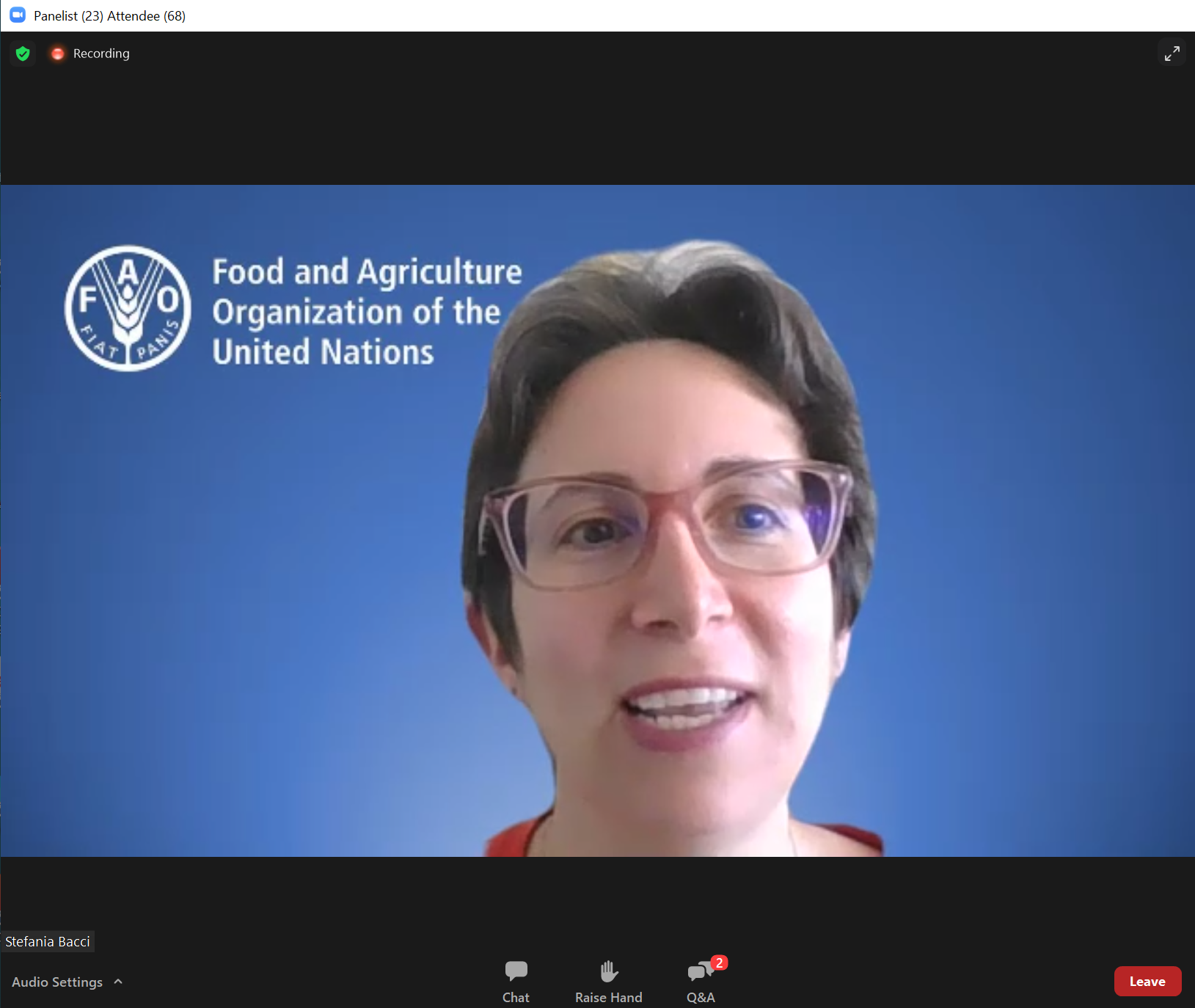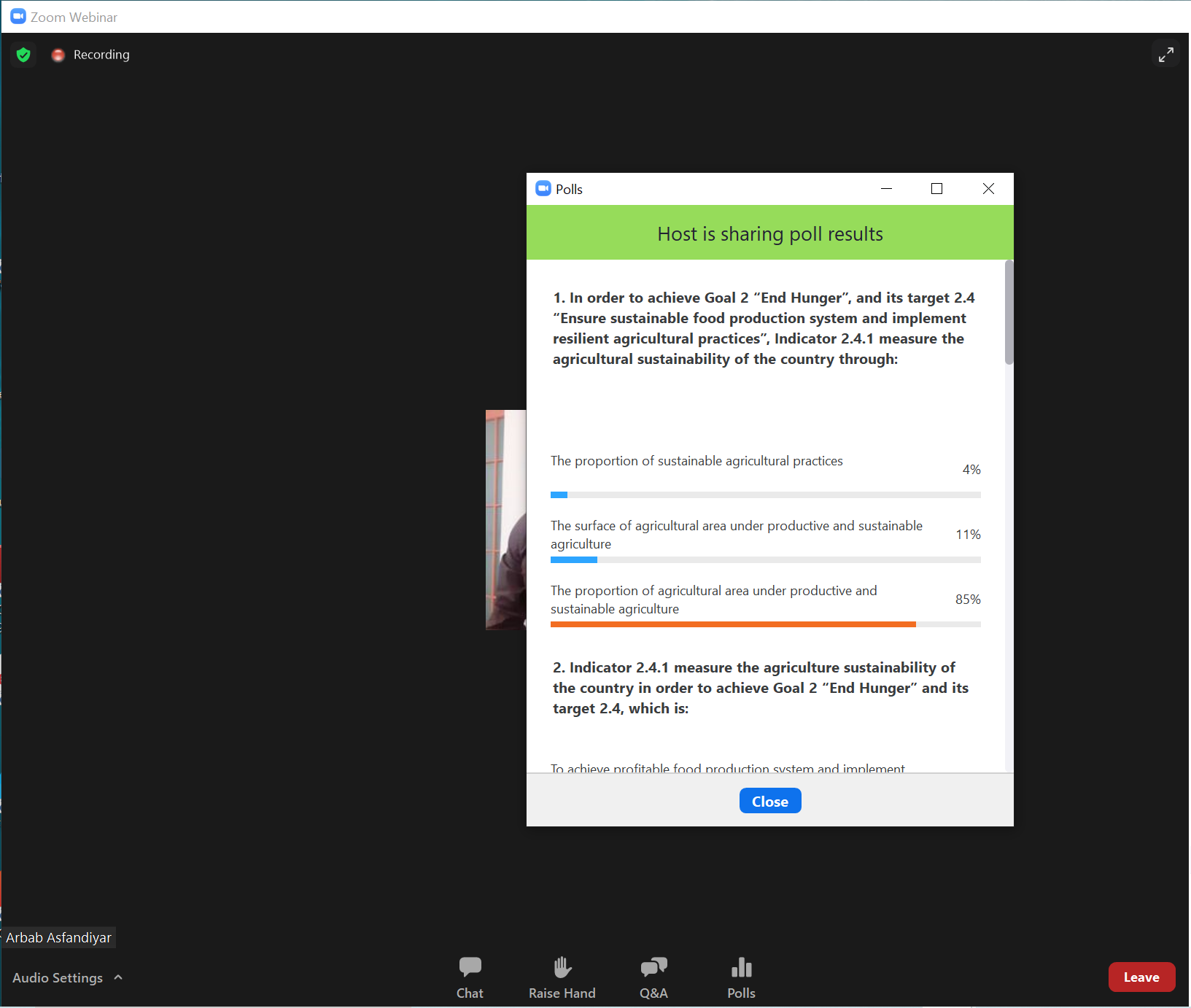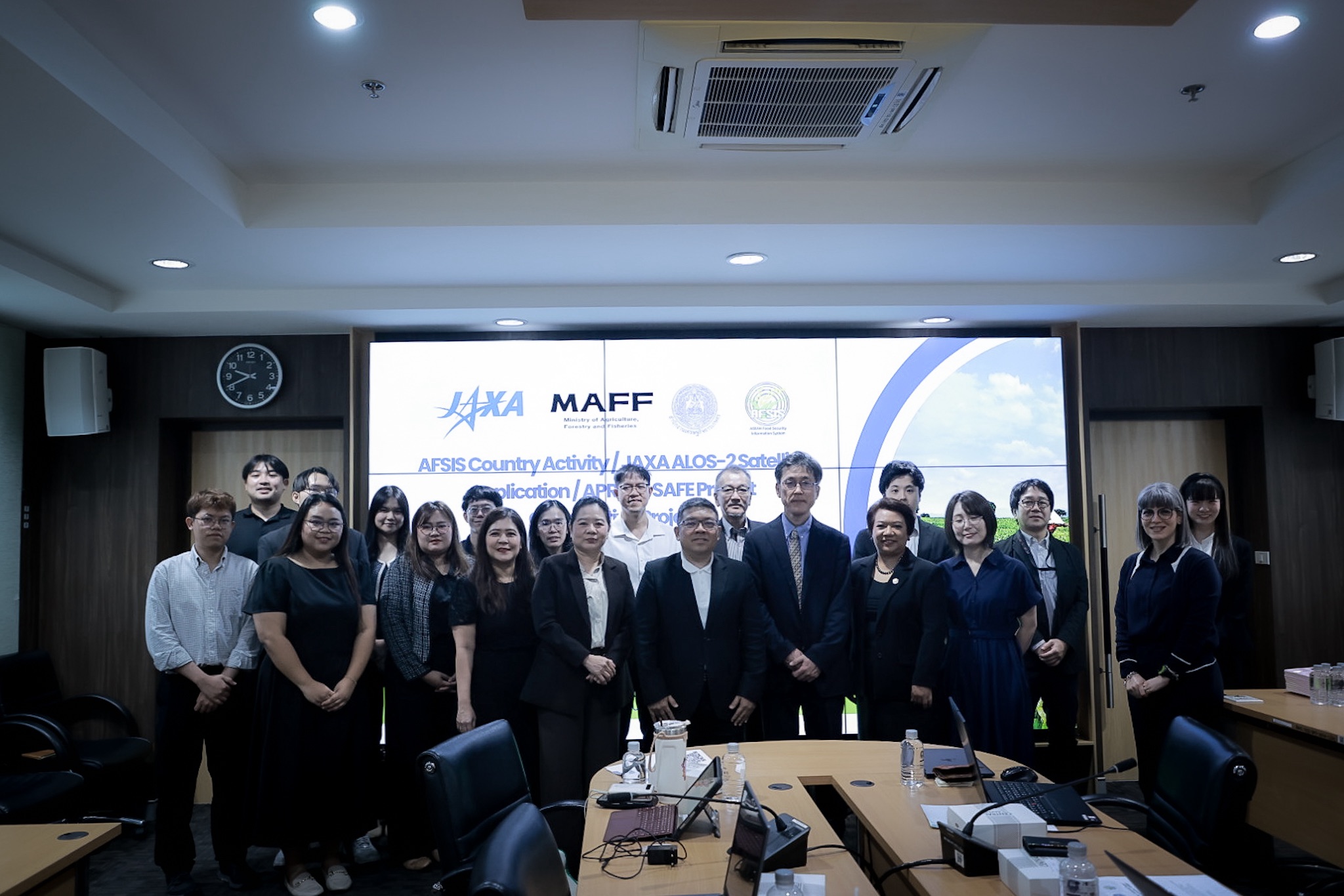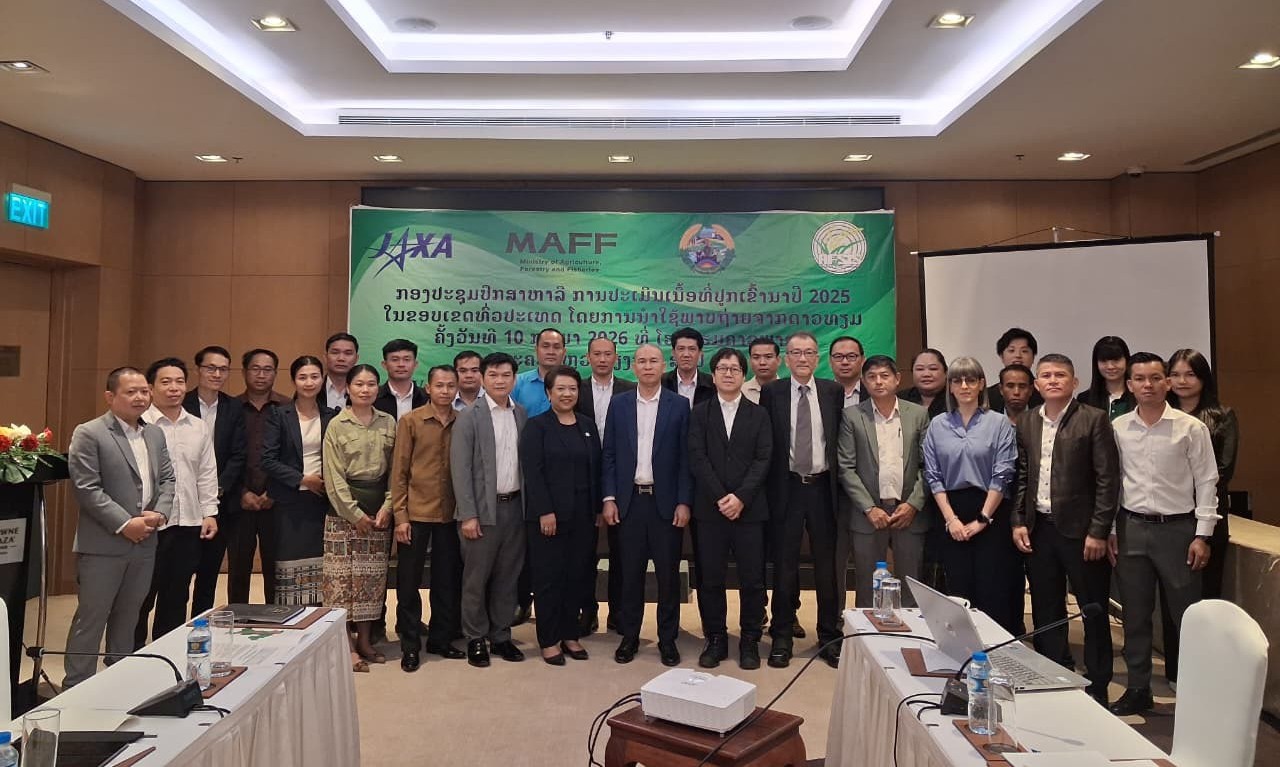From 28 June to 1 July 2021, AFSIS Secretariat had participated in the Virtual Trainings on SDG indicator 2.4.1 “Proportion of Agricultural Area under Productive and Sustainable Agriculture” conducted by the Headquarter of Food and Agriculture Organization of the United Nations (FAO) via Zoom platform.
The countries were grouped based on the regions (i.e. time zones) and there were representatives from the different 25 countries namely Australia, Bhutan, Brunei Darussalam, Cambodia, China, Cook Islands, Fiji, India, Iran, Japan, Lao People's Democratic Republic, Malaysia, Maldives, Marshall Islands, Mongolia, Nauru, New Zealand, Palau, Philippines, Republic of Korea, Samoa, Singapore, Thailand, Timor-Leste, Vanuatu that had been trained during the session of 28 June to 1 July 2021. Also, 5 representatives from AFSIS Secretariat had also participated with a commitment to the training for at least 4 hours each day.
The objective of the training is to provide detailed training on 2.4.1 methodology, to introduce the data collection tools and instruments developed for collecting and reporting data, and to help understand and evaluate the data related to SDGs 2.4.1. The purpose of the training is also to discuss the concrete plans to collect data on the indicator in the short, medium, and long term.
During the meeting, the exercises were given by the FAO for the representatives to understand the fundamental calculation of the SDGs.2.4.1 data. Moreover, FAO had opened the discussion to have Q&A sessions from time to time for the representatives from each country in order to ask the questions and be clear on the technical terms.
This virtual training ended productively and successfully on 1 July 2021.

.png)
.png)


On 12-13 February 2026, the AFSIS Secretariat, in collaboration with the Japan Aerospace Exploration Agency (JAXA), the Remote Sensing Technology Center of Japan (RESTEC), Ministry of Agriculture, Forestry and Fisheries (MAFF) Japan and the Office of Agricultural Economics (OAE), Ministry of Agriculture Cooperatives (MOAC), conducted a workshop conducted a workshop The Promoting Rice Planted Area and Production Estimation Using INAHOR and Space-based Technologies in Thailand at the Meeting Room 2, Innovation Building, 3rd FL, Office of Agricultural Economics (OAE)

The In-Country Workshop on Promoting Rice Planted Area and Production Estimation Using Space-based Technologies in Lao PDR was jointly organized by AFSIS Secretariat, JAXA, MAFF Japan, and MAE Lao PDR under the AFSIS-GIS and SAFE projects. The event was held in Vientiane with hands-on training on 9 February 2026 and a workshop on 10 February 2026.
.jpg)
On 13–15 January 2026, the Office of Agricultural Economics (OAE), Thailand, in collaboration with the Ministry of Agriculture, Forestry and Fisheries (MAFF), Japan, and the AFSIS Secretariat, conducted the 1st Meeting of Japan–Thailand Expert Dialogue on Agricultural Statistics. The meeting was held at the Office of Agricultural Economics and field survey activities in Chonburi Province.

On 3–4 December 2025, the ASEAN Food Security Information System (AFSIS) Secretariat participated in the ASEAN Plus Three Emergency Rice Reserve (APTERR) Table Top Exercise (TTX) held in Bandar Seri Begawan, Brunei Darussalam.